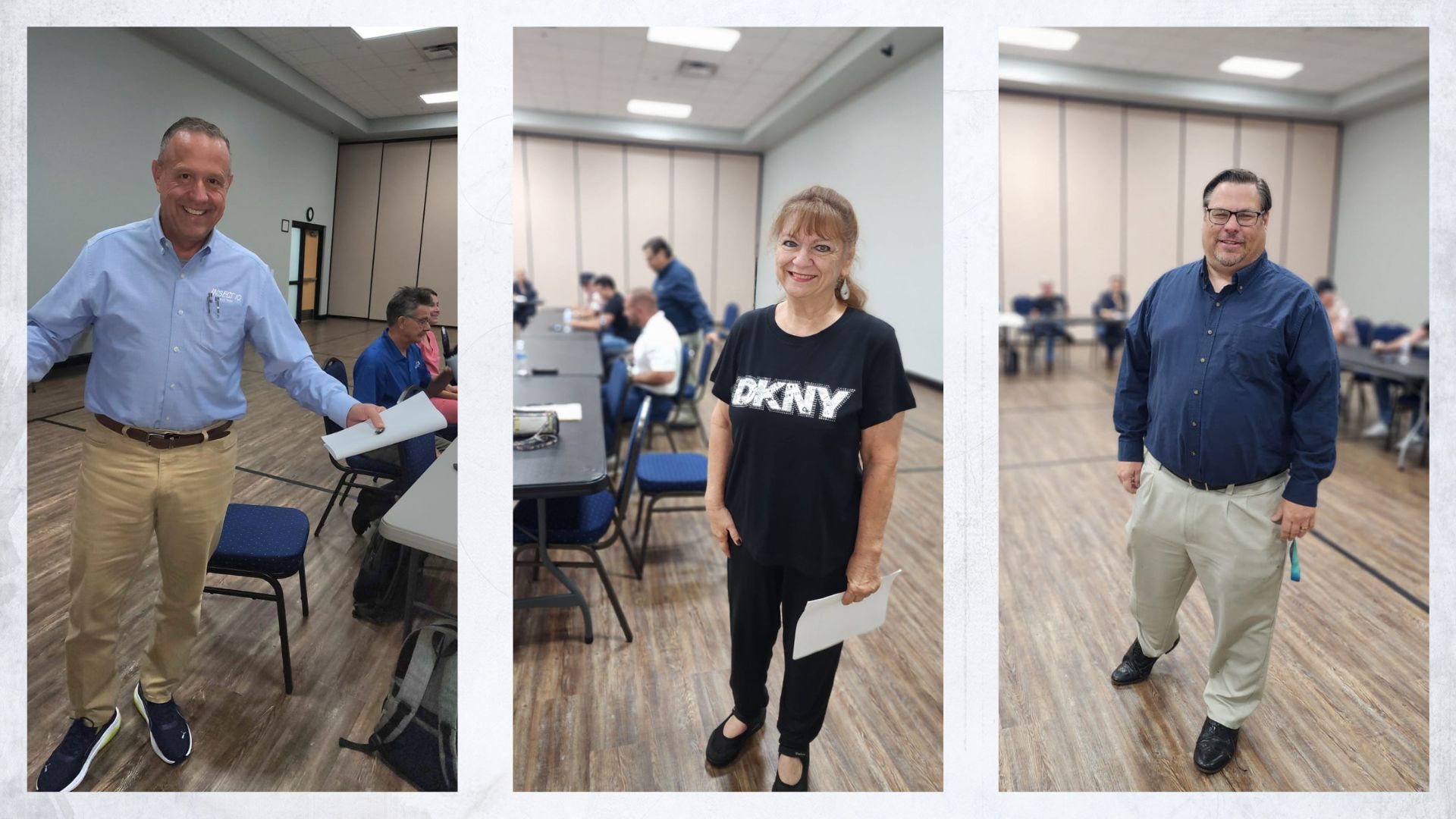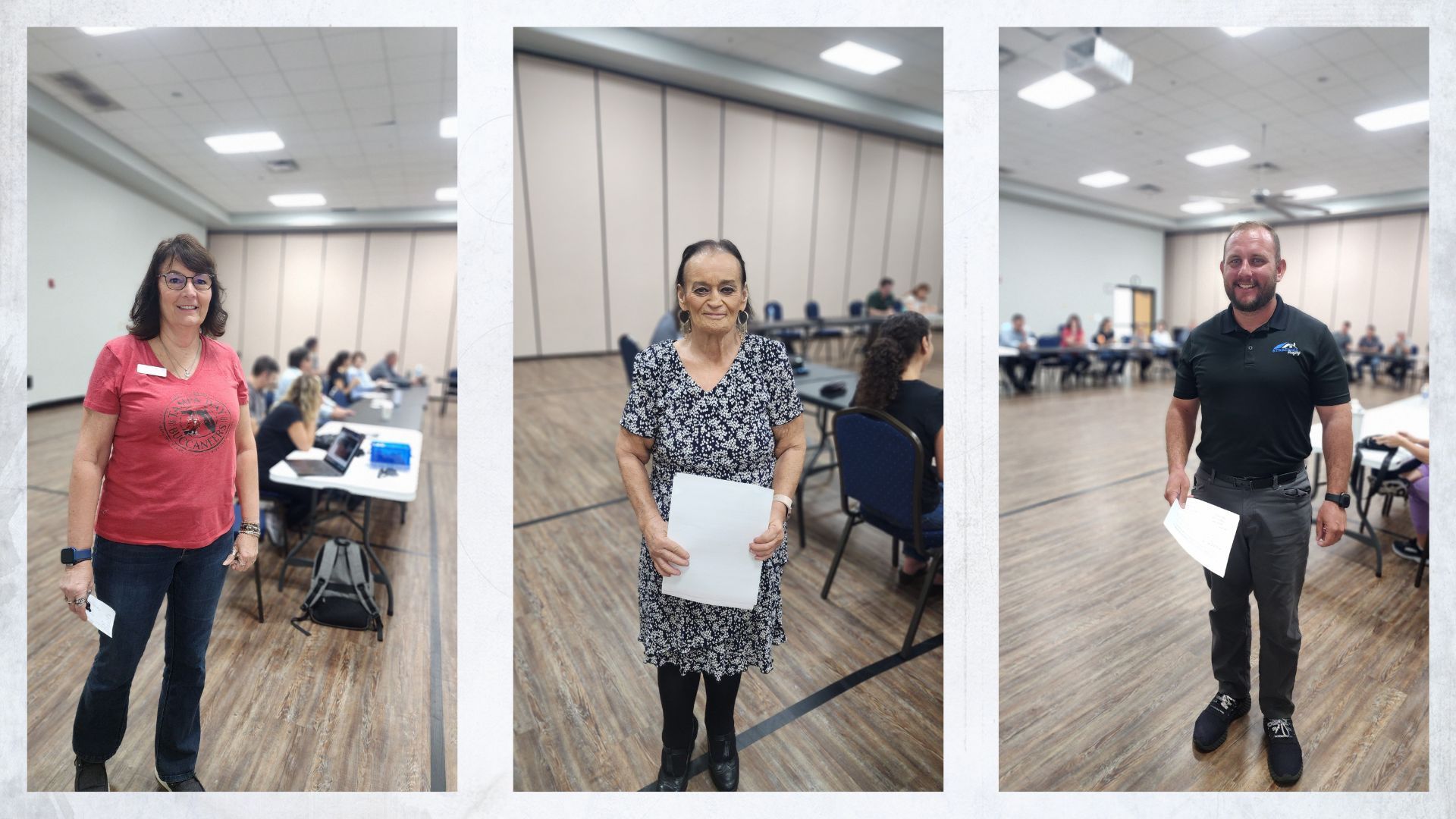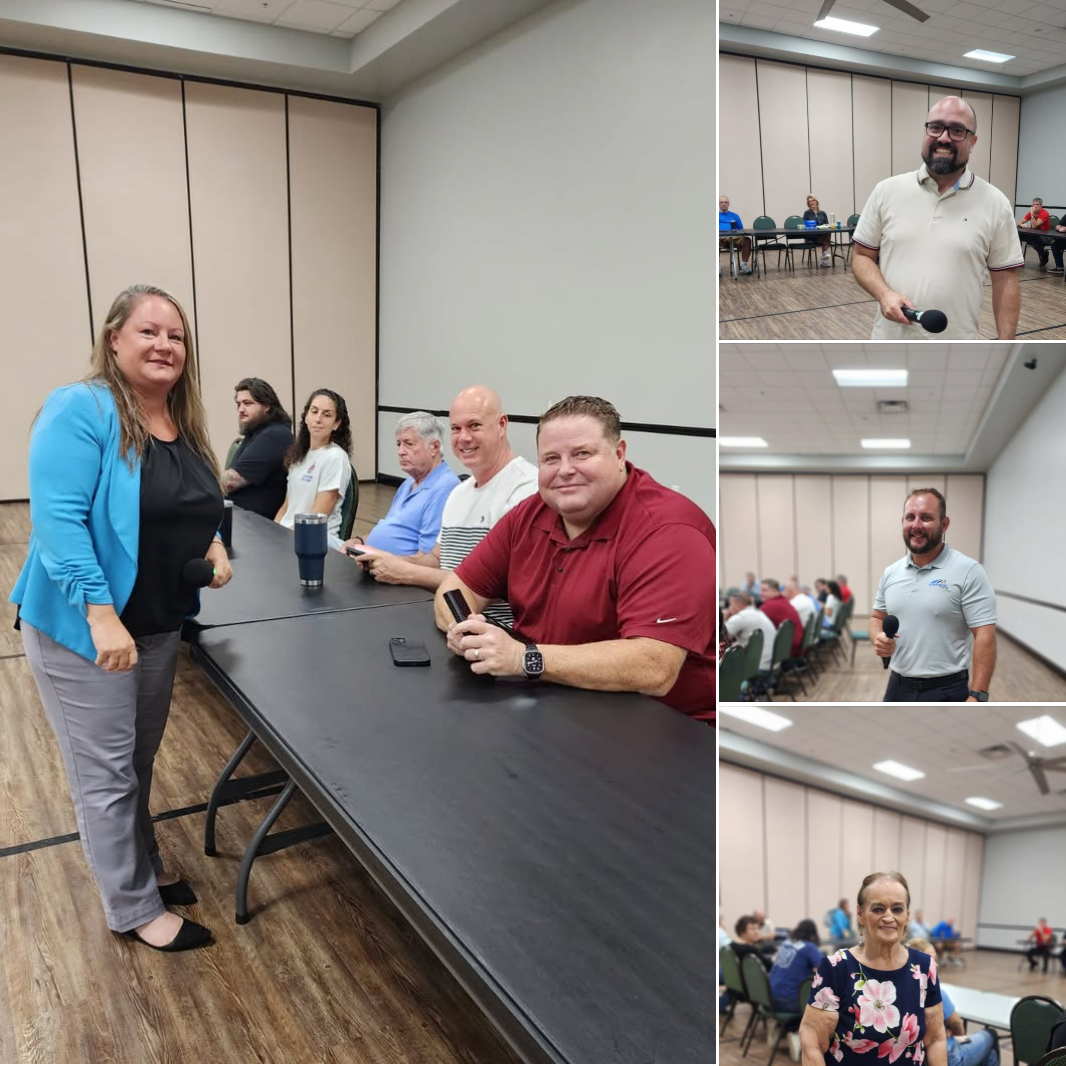Palm Harbor Business Networking: What Our Speakers Have to Say
The past month at PROsNetworking has been insightful and enriching, with each meeting bringing forward valuable knowledge and strategies from our esteemed members. Let's dive into the highlights from our sessions.
The Power of Referrals - Larry's Insights
Larry initiated the month with a crucial topic – referrals. He emphasized the importance of quality service and interaction with customers to earn these valuable referrals. His key points included:
- Quality Over Quantity: Taking time to understand and serve customers well is fundamental.
- Earning Referrals: The focus should be on turning first-time customers into advocates for your business.
- Authenticity and Education: Being genuine and educating customers about your services fosters trust and loyalty.
- Asking for Referrals: A proactive approach in seeking referrals is essential.
Landscaping Dos and Don'ts - Brandon's Advice
Next, Brandon shared his expertise in landscaping, highlighting common mistakes and best practices. His advice was practical and straightforward:
- Proper Planting: Avoid planting bushes too close to the house and consider future growth of trees.
- Design Considerations: Emphasize curves for depth and avoid flat, linear plantings.
- Knowledge of Flora: Selecting the right plants for the right environment is critical.
- Avoiding the 'Circus Garden': Creating a garden with too many colors and no focal points can be visually overwhelming.
- Planning for Growth: Anticipate the full growth potential of plants to avoid future issues.
Brandon encouraged members to reach out with any landscaping questions, fostering a collaborative environment.
Financial Independence - Paul's Perspective
Paul, in the final meeting, turned the focus towards financial planning, particularly for retirement. His key insights included:
- Diverse Retirement Plans: Understanding different retirement plans like 401ks, especially for small employers and the self-employed.
- Financial Incentives and Pitfalls: New incentives in retirement plans and the risks of early cash outs.
- The Rule of 20x: A guideline that one needs 20 times their annual income saved for a comfortable retirement.
He stressed the importance of planning and being informed about financial matters, especially for future security.
Deborah Keane's Guide to Recovery: Balancing Work and Rest
Deb opened the session with an essential topic in today's fast-paced world – the importance of taking breaks for recovery. She emphasized the need for both short-term and long-term recovery strategies. Here are six tips she shared:
- Short Breaks During Work: Incorporate brief pauses in your workday to step away from the screen and refresh.
- Daily Unplugging: Dedicate time each day to disconnect from all digital devices.
- Regular Physical Activity: Engage in exercise or outdoor activities to rejuvenate the body and mind.
- Mindfulness and Relaxation: Practice mindfulness techniques like meditation or deep breathing exercises.
- Periodic Long Breaks: Plan for longer breaks or vacations to fully disconnect and recover.
- Hobbies and Personal Interests: Invest time in hobbies that relax and fulfill you outside of work.
Sandy Wassen's Alert on Fraud: Staying Vigilant
Next, Sandy brought to light the increasing concern of financial fraud, sharing alarming stories and tips for prevention. Key points included:
- Rising Cases of Fraud: The prevalence of fake IDs and misinformation being used in fraud.
- Wire Fraud Incident: A case where $400,000 was lost, highlighting the severity of the issue.
- Bitcoin and Digital Currency Scams: Awareness about scams involving cryptocurrency and fake drop boxes.
- Spectrum Story: A real-life example demonstrating the cunning nature of modern fraudsters.
- Changing Payee Information: How fraudsters are altering payee details to misdirect funds.
Sandy's insights underscored the importance of staying informed and cautious in financial dealings.
Moh Koutouby 's Emphasis on Health and Wellness: A Holistic Approach
Moh's presentation beautifully complemented the preceding topics by emphasizing health and wellness. He covered three critical aspects:
- Whole Foods: Advocating for a diet rich in whole, unprocessed foods for optimal health.
- Regular Exercise: Highlighting the importance of consistent physical activity in maintaining health.
- Personal Training: Discussing the benefits of working with a personal trainer for tailored fitness plans and accountability.
Moh’s session was a timely reminder of the integral role our physical health plays in our overall well-being and professional effectiveness.
Renee Brown on Effective Communication: Speaking with Purpose
Renee Brown focused on the art of meaningful communication, offering ten golden rules for speaking effectively:
- Silence is Golden: If you have nothing of value to say, it's better to say nothing.
- Goal-Oriented Speech: Always speak with a clear objective in mind.
- Idea Formulation: Use speaking as a tool to formulate and refine your ideas.
- Engage, Don’t Preach: Talk with people rather than at them to foster engagement.
- Communicate, Don’t Just Talk: Ensure your words have substance and clarity.
- Understand Your Audience: Tailor your communication to fit your audience's needs and expectations.
- Active Listening: Pay close attention to what others are saying.
- Listen to Understand: Listen with the intent to fully comprehend the speaker's message.
- Learn from Listening: Use listening as a tool for learning and growth.
- Reiterate the Value of Silence: Avoid speaking if it doesn't add value to the conversation.
Brad DeMint on Networking and Social Media: Building Authentic Connections
Brad DeMint shared his insights on leveraging social media and networking events for building genuine relationships:
- Social Media Strategy: Use social media to connect and build relationships, not just for promotion. Be authentic and consistent in your approach.
- Using Video: Employ video content to create a more personal connection with your audience.
- Physical Networking: Emphasize the importance of attending networking events, making eye contact, and engaging in meaningful conversations.
- The Art of Phone Calls: Don’t underestimate the power of traditional phone calls in building and maintaining connections.
Dan Hagaman on Promotional Items: Enhancing Brand Visibility
Dan Hagaman provided a comprehensive overview of the effectiveness of promotional items in advertising:
- Wide Range of Suppliers: Dan collaborates with over 3000 suppliers, offering a vast array of promotional options.
- Branded Tumblers: Highlighted as an effective promotional tool for brand visibility.
- Calendars, Schedules, and Magnets: Useful items that keep your brand in front of your clients year-round.
- Direct Mail and Cards: Personalized approaches to keep in touch with clients and prospects.
- Posted Notes: A simple yet effective tool for keeping your brand on your clients’ desks.
Jonathan Simkins on Managing Family Businesses
Jonathan Simkins focused on the intricacies of family businesses, emphasizing the need for shared values and effective communication. His key points were:
- Shared Values and Vision: Establishing a collective vision based on shared values is crucial for family business success.
- Openness to Mistakes and Learning: Encouraging a culture where making mistakes is seen as a learning opportunity.
- Effective Communication: Stressing the importance of clear communication and documenting important discussions.
- Understanding Dual Roles: Recognizing the complexity of roles like father/boss or son/daughter/employee and navigating them with sensitivity.
- Embracing Transition and Technology: Adapting to changes in technology and understanding the significance of generational transitions.
- Celebration and Letting Go: Celebrating achievements and allowing the next generation to take the lead.
Dr. Clark Walters on Chiropractic Philosophy
Dr. Clark provided an in-depth view of chiropractic as more than just a practice, but a philosophy of wellness:
- Beyond Adjustments: Recognizing that chiropractic care involves a variety of therapeutic approaches, not just physical adjustments.
- Illustrative Exercise: He conducted an exercise demonstrating how the brain and body communicate through pathways, emphasizing the importance of maintaining this connection.
- Efferent Pathway: The pathway from the brain to the body and its role in overall health.
- Holistic Viewpoint: Viewing humans as spiritual, electrical, chemical, and mechanical beings, and addressing health from this comprehensive perspective.
George Curbelo on Financial Motivation and Coaching
George delved into the psychology of money management, exploring the roots of our financial habits:
- Childhood Influences: Discussing how childhood experiences shape our money habits.
- Money Management Choices: Emphasizing the constant decision-making between giving, spending, saving, or investing.
- Coaching Approach: Outlining a coaching process that starts with foundational work on thoughts and budgeting, followed by personalized accountability.
Takeaways
These meetings offered a wealth of knowledge across diverse fields. Each speaker brought a unique perspective, contributing to our broader understanding of professional and personal development.
As we reflect on these insights, we're reminded of the diverse expertise within the PROsNetworking community and the value of shared learning.
If you are looking to join a business networking group in the Palm Harbor, Tarpon Springs, Dunedin, East Lake area, visit our networking group. RSVP at https://www.pro-networking.org/contact.




